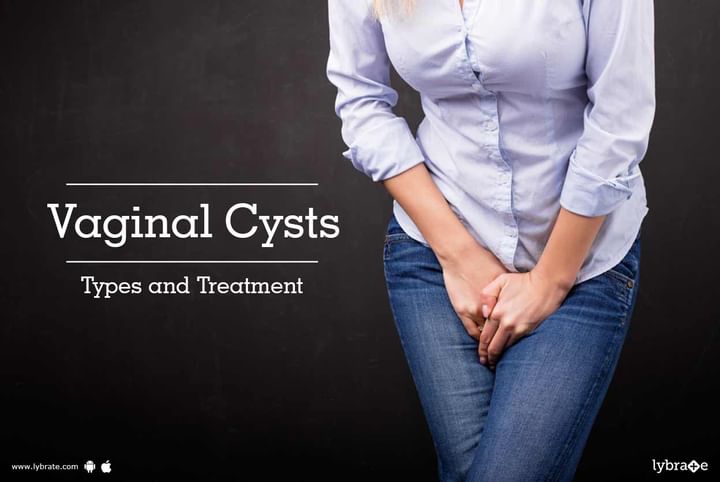Vaginal Cysts - Types and Treatment
Vaginal cysts are closed packets of fluid, air or pus which develop along the vaginal lining. Vaginal cysts are of many types, and they are usually caused by accumulation of fluids, childbirth-related injuries or non-malignant tumors in the vagina. Usually these cysts do not yield many symptoms, but may cause a little discomfort.
Treatment might not be needed in case of cysts which are tiny. However, larger cysts would definitely warrant medical attention.
Types of Cysts
The commonly occurring cysts are:
-
Gartner’s Duct Cysts: This duct forms around a woman’s reproductive canal during pregnancy and it disappears post childbirth. If the duct remains even after the delivery, it may lead to fluid accumulation, thus resulting in a cyst.
-
Vaginal Inclusion Cysts: Any injury to the vaginal walls, especially during childbirth or surgery, can lead to vaginal inclusion cysts.
-
Bartholin’s Cyst: Bartholin’s gland is situated near the vaginal opening. A flap of skin covering this gland may lead to accumulation of fluid. This fluid accumulation usually leads to a cyst which is called a Bartholin’s cyst.
Treatment
Usually, cysts in the vagina do not require any treatment. Most of the cysts do not grow in size and thus do not cause major problems. A biopsy of the cyst may require in order to rule out chances of cancer. A common treatment for vaginal cysts would be to sit inside a bathtub filled with warm water so that the cyst is allowed to soak in the water. If there are symptoms of infection in the vagina, then antibiotics are required.
If the size of the cyst is large and filled with fluids, then a catheter needs to be inserted into it to drain out the cyst. Usually, the catheter is kept in place for a few weeks before it is removed. A surgical procedure called marsupialization is used in some cases, wherein an incision is made around the affected area and into the cyst in order to drain out its contents.
Surgery to remove the entire cyst may also be recommended to prevent its recurrence. If you wish to discuss about any specific problem, you can consult a doctor and ask a free question.
In case you have a concern or query regarding gynaecological issues, you can consult a gynaecologist online & get the answers to your questions through online doctor consultation via video call.



+1.svg)
